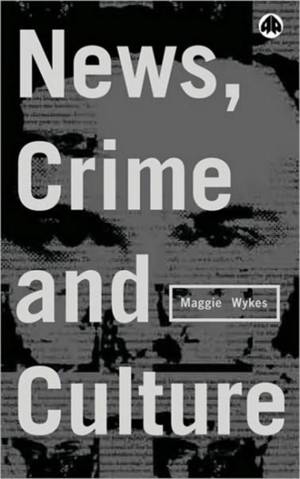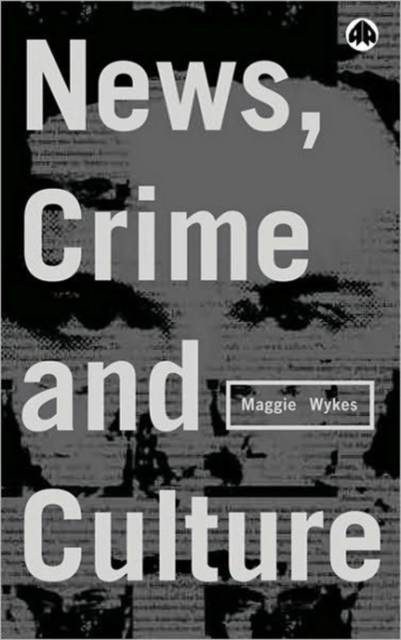
Door een staking bij bpost kan je online bestelling op dit moment iets langer onderweg zijn dan voorzien. Dringend iets nodig? Onze winkels ontvangen jou met open armen!
- Afhalen na 1 uur in een winkel met voorraad
- Gratis thuislevering in België vanaf € 30
- Ruim aanbod met 7 miljoen producten
Door een staking bij bpost kan je online bestelling op dit moment iets langer onderweg zijn dan voorzien. Dringend iets nodig? Onze winkels ontvangen jou met open armen!
- Afhalen na 1 uur in een winkel met voorraad
- Gratis thuislevering in België vanaf € 30
- Ruim aanbod met 7 miljoen producten
Zoeken
Omschrijving
Crime is always newsworthy. But is crime reporting as value-free and objective as we would like to think? Is crime reporting concerned exclusively with issues of good and evil, justice and the law? Or is it part of a broader and much more specific ideology, underpinned by an essentially conservative agenda?The link between news reports of crime or disorder and public perception becomes increasingly clear, as public reaction to the murder of Sarah Payne and the fuel crisis has shown. News, Crime and Culture explores these links, assessing the relation between culture, criminality and social control, and in particular the ways in which news reports reinforce particular responses to race, poverty, class and gender. Maggie Wykes uncovers these links through a variety of high-profile events featured in the news, spanning the last twenty years of the twentieth century. She examines such issues as child abuse, football hooliganism, homelessness, youth culture, inner-city crime, prostitution, pornography, homosexuality, and domestic violence. Using case studies and a range of methodological analyses, Wykes turns the business of crime reporting inside out, revealing the hidden agendas that not only report but shape our view of the world in often insidious ways.
Specificaties
Betrokkenen
- Auteur(s):
- Uitgeverij:
Inhoud
- Aantal bladzijden:
- 248
- Taal:
- Engels
Eigenschappen
- Productcode (EAN):
- 9780745313269
- Verschijningsdatum:
- 20/04/2001
- Uitvoering:
- Paperback
- Formaat:
- Trade paperback (VS)
- Afmetingen:
- 130 mm x 213 mm
- Gewicht:
- 385 g

Alleen bij Standaard Boekhandel
+ 83 punten op je klantenkaart van Standaard Boekhandel
Beoordelingen
We publiceren alleen reviews die voldoen aan de voorwaarden voor reviews. Bekijk onze voorwaarden voor reviews.











